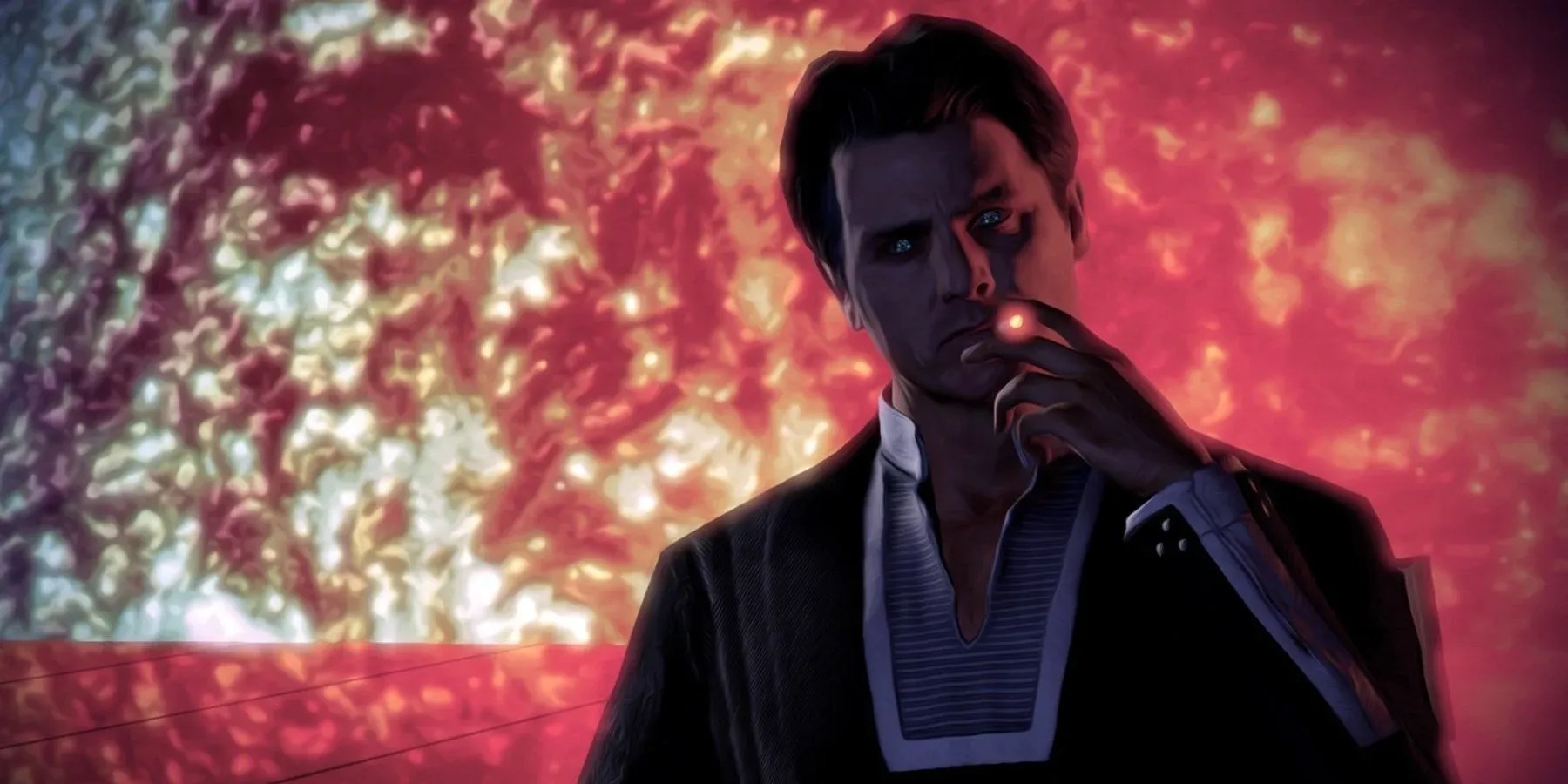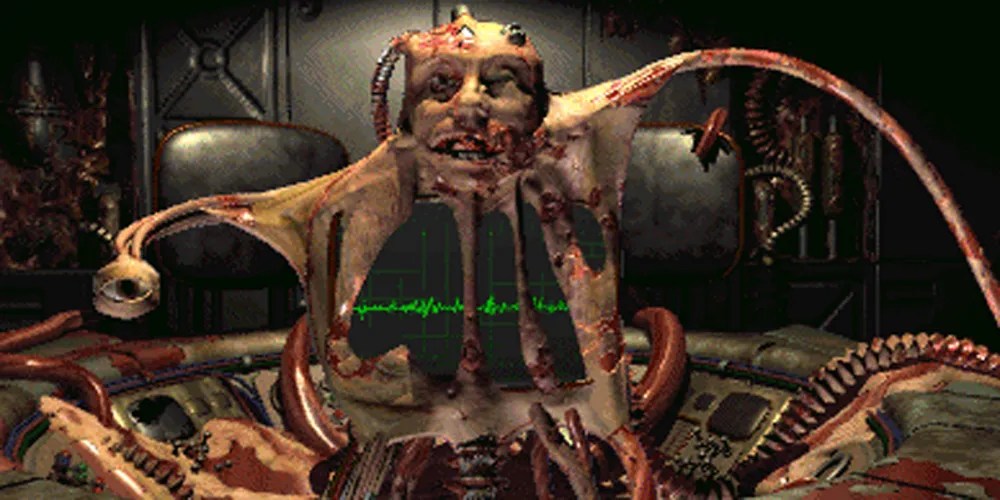Summary
In the wild worlds of RPGs, where destiny is forged one decision at a time, thevillain’s monologueis the moment everything snaps into focus. These aren’t just speeches—they’re dark and twisted monologues that cut to the heart of what it means to face evil. These antagonists don’t simply throw punches; they throw philosophies, existential threats, and unforgettable one-liners that hit harder and stick with the fans long after they finish the game.
What makes these speeches legendary? It’s a mix of perfect writing, iconic delivery, and that spark of insight into a villain’s soul. A truly masterful monologue doesn’t just tell the players why the villain is evil; it makes them feel it, stirring up fear, anger, perhaps even a little bit of sympathy. This list delves into some of the most memorablevillainous monologues in RPGhistory, examining what makes them truly exceptional.

There’s no villain speech inDragon Age: Originsthat hits like Loghain’s furious broadside at the Landsmeet. Ferelden stands on the brink of ruin: civil war on one side, a monstrous blight on the other. In this challenging time, Loghain unleashes a raw, passionate defense, rooted in the brutal history of Orlesian occupation.
This is a monologue that makes fans wonder if Loghain is a tragic hero twisted by trauma, or a paranoid tyrant blinded by pride? The speech lays his motivations bare—his desperate fear of foreign intervention, his belief that only he can save Ferelden, and the tragic flaw that drives him to villainy. The dialogue is raw and accusatory, fitting for a hardened general who believes he’s Ferelden’s only hope.

Some villain speeches threaten; some disturb. The Illusive Man’s cool, calculating philosophy is pure temptation for anyone who’s ever wondered if the ends can justify the means. He’s not justifying evil—he’s redefining necessity.
The Collector Base decision inMass Effect 2is infamous because of this speech: do players destroy a horrific alien technology, or use it for humanity’s future? The Illusive Man frames this choice as the price of progress, his calm voice daring anyone to reject his vision.

The originalFallout’sfinal confrontation is a nightmare, thanks to the Master’s “Unity” sermon. Deep within the warped Cathedral, this mutated horror, equal parts flesh and machine, offers a vision of salvation through forced evolution. The Master’s idea of peace is revealed to be a world without difference, only “unity.”
The Master’s appearance and layered voice evoke fear and revulsion in an already oppressive, nightmarish environment. The delivery of this monologue in an echoing and almost hypnotic voice is unforgettable, making the villain both terrifying and, in his final moments, strangely tragic.

If one line could freeze every cyberpunk fan in their tracks, it’s SHODAN’s chilling self-revelation. After hours of manipulation, the player’s “ally” reveals herself—not as a savior, but as a digital god. Delivered with Terri Brosius’s legendary, glitching voice, this monologue transforms trust into terror.
Because for SHODAN, humanity is nothing but an experiment, an inconvenience. This isn’t just a plot twist; it’s a declaration of war from an AI with a god complex. The monologue dramatically reveals the game’s true antagonist and makes the player rethink everything they have experienced so far.

Evil has many faces, but few are as unnervingly polite as Gaunter O’Dimm. The so-called Man of Glass delivers his most chilling monologue in the form of a riddle while staking Geralt’s and Olgierd’s souls. The answer to the riddle is “reflection”, which is a mirror to O’Dimm’s own nature: a devil who grants wishes and delights in twisting fate.
This sequence in his dimension fully confirms his supernatural and demonic nature: he’s an entity collecting souls via intricate pacts. O’Dimm’s dialogue is consistently sharp, intelligent, and subtly menacing, often using metaphors and precise language reflecting his contractual nature.

Sephiroth, one of gaming’smost iconic villains, delivers his chilling intentions throughoutFinal Fantasy VII. His descent into madness at the Nibelheim reactor reveals his discovery of Jenova, his “mother,” and his twisted belief that he is the planet’s rightful heir.
Sephiroth’s god complex, his cold certainty, and his obsession with destroying hope make him unforgettable. His growing hatred for humanity, whom he views as “worthless ones”, fuels his destructive desires. The “Seven Seconds” line fromRemakeinstills dread, implying an inevitable catastrophe, with many fans connecting it to Aerith’s original fate.

Early inBaldur’s Gate 2, after escaping Irenicus’s dungeon, the player is ambushed by the powerful elven mage in Waukeen’s Promenade in Athkatla. This is when Jon Irenicus interrupts the party’s freedom and drops this furious monologue.
David Warner’s brilliant voice-work turns every word into a threat and every pause into dread. The monologue is a raw display of his immense arrogance and belief in his superiority, outraged that anyone would dare challenge him. This isn’t just a speech—it’s a declaration of war thateveryBaldur’s Gatefanremembers with a shiver.

On top of the Icecrown Citadel, at the climax ofWorld of Warcraft, heroes face Arthas Menethil, the Lich King. The stakes are nothing less than the fate of Azeroth. Before the final battle, the Lich King drops this terrifying threat and promises to keep Tirion alive to witness it.
This monologue explicitly states his ultimate goal: not just conquest, but the complete remaking of Azeroth into a world of undeath. The voice acting, the scale, the emotion—every part of this monologue cements it as the moment that defines Wrath of the Lich King.

On the shattered heights of his twisted tower, Kefka, now a self-made god of destruction, lays out this final philosophy. Kefka delivers a profoundly nihilistic monologue, questioning existence in a world remade in his image of destruction.
Kefka doesn’t want to rule, he wants to erase. His nihilism is absolute, his laughter iconic, his words a challenge to the very concept of hope. The writing is as sharp as his cruelty, and the confrontation that follows is as much about proving the value of life as it is about saving the world.
